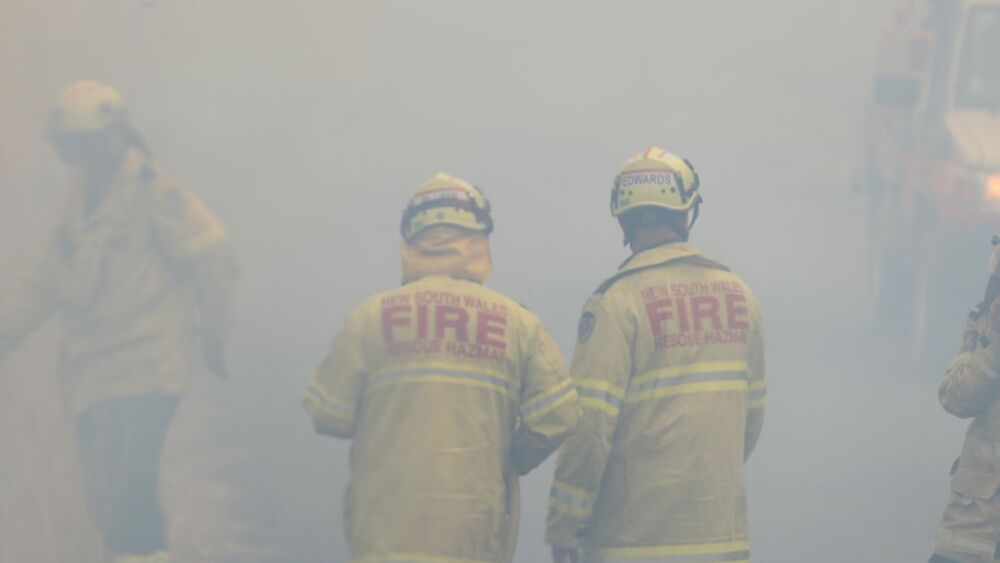By Mick Mayers
Every now and then you probably see a newspaper article talking about a firefighter setting destructive fires. You may wonder, “How in the world does this happen? These are the people who are supposed to prevent fires!”
Believe me, we feel the same way.
The truth is, there are some who join the fire service for the wrong reasons. Little tolerance exists in the fire service for those who set fires, and we absolutely despise those who do so while professing themselves to be one of our own brothers or sisters. There are pathological reasons some people set fires, but while you might hear the word “pyromaniac” thrown around lightly, there is a difference between those who are literally pyromaniacs — whose motivation is to obtain pleasure from watching fires burn — and those in most firefighter arson cases. There are some who are suffering from clinical pyromania, but statistically very few of the suspects are true pyromaniacs.
The main pathology behind firefighter arson actually centers on those who have a decreased or absent ability to self-regulate. Studies show those with poor self-regulation are unlikely to succeed in relationships or careers, they are likely substance abusers, and they experience a high frequency of violence, crime, anger control, and underachievement. The prototypical firefighter arsonist is a white male aged between 16 and 30; in fact, studies differ on the ratios but as many as 60-80% of arsonists fit that demographic, making it significant.
These individuals often exhibit either an egotistical need to be a “hero” or those who are “bored” and lack social maturity. In either event, these are quite dangerous personalities to have in the community. It could be said that because of their inability to resist those impulses, they are unable to act against them when they become powerful enough. As far as the firefighting community is concerned, their presence in our ranks is unacceptable, as one source of firefighter pride is our integrity and the trust that the community has in us. These people are everything we detest.
If you think that it is easy for these types of individuals to hide in an organization, you’d be partially right. In communities where volunteer fire departments are prevalent, dwindling numbers of citizens are stepping forward to volunteer for any civic duty, much less the time and labor-intensive firefighter jobs. When a young person joins and is found at every single call and at the front of every work detail, they are often seen as dedicated and earnest, and most often, they are.
However, there are times when beneath that layer is a need for self-importance, and when you have a member who “can’t get enough of the job” and they begin to create their own incidents, you have a serious problem. Sadly enough, those “department rockstars” are a lot of times the first people who get checked out by law enforcement when a serial arsonist is running around. And frequently enough, there is good reason.
There are certainly many other reasons for arson, including fraud, revenge or to cover up other crimes. But when individuals with these deficient personalities get into fire departments, more often than not, they start with one or two small fires in abandoned buildings, fields, or other relatively harmless locations, then escalate to much more risky occupancies. While these are very much issues that we as fire service leaders must be cognizant of and guard against, they are very much a psychological problem, and often escape detection at first.
States like South Carolina have actually required all firefighters, career or volunteer, to be registered through the State Fire Marshal‘s Office, and to undergo a background check. Individuals with arson convictions are prohibited from serving in any South Carolina fire department. This has not stopped the previously undetected arsonist, or those who were charged and not convicted. And South Carolina, like any other state, does have the occasional problem with a firestarter finding their way into our ranks.
No betrayal of public trust is ever acceptable, but among firefighters, there is a special hostility we feel when someone wearing our badge gives us a black eye by setting fires.
This article, originally published April 2016, has been updated.













